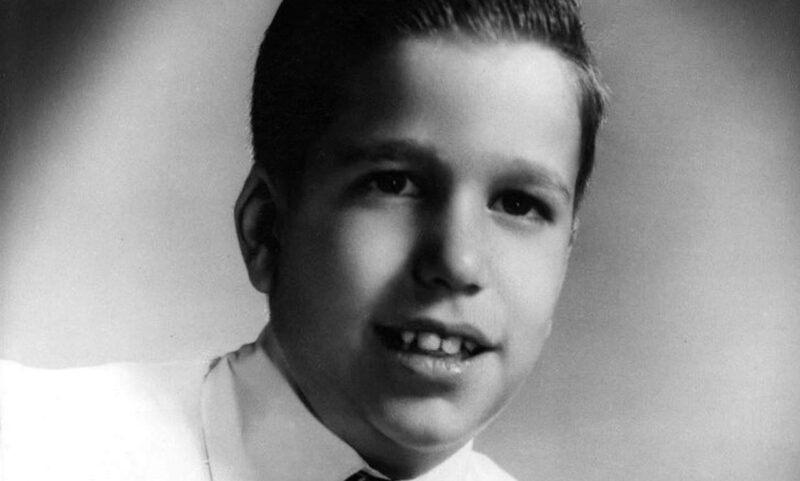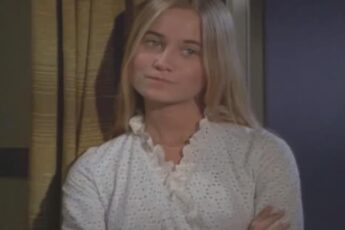Henry Winkler is a name that has become synonymous with charm, humor, and resilience. Widely celebrated for his iconic role as Arthur “Fonzie” Fonzarelli on the timeless TV series Happy Days, Winkler’s journey to stardom is as inspiring as it is fascinating. Born in New York on October 30, 1945, he faced numerous personal and academic hurdles along the way, yet he never let these obstacles define him. Instead, he turned every challenge into a stepping stone, eventually becoming a beloved figure not just for his character in a TV show, but for his warmth, wit, and perseverance in real life.
From a young age, Winkler knew he wanted to be an actor. But his path was anything but smooth. During his school years, he struggled with undiagnosed dyslexia, which made reading and spelling difficult and often embarrassing. While he was bright and creative, these difficulties created barriers that made academics a constant battle. Teachers and classmates underestimated him, and he sometimes felt lost in a world that didn’t seem to understand how his mind worked. Despite these struggles, Winkler kept his dream alive. His love for acting fueled his determination, and he refused to give up on that dream, even when the odds seemed stacked against him.

Winkler’s persistence paid off when he earned degrees from Emerson College and later from the Yale School of Drama. These achievements weren’t just academic milestones—they were testaments to his resilience and unwavering commitment. He learned to navigate the complexities of the industry, often using humor and charisma to mask his insecurities. He developed techniques to memorize scripts and perform at his best, even when his mind was battling the challenges of dyslexia. His journey was a testament not just to talent but to a remarkable ability to adapt and persevere in pursuit of his dreams.
His big breakthrough came with Happy Days in the 1970s, where he brought Fonzie to life. The character’s cool, laid-back attitude, combined with Winkler’s charm, made him a household name. Fonzie’s leather jacket, catchphrases, and iconic thumbs-up became cultural symbols. Fans admired his character, but they also admired Winkler for his ability to portray someone so effortlessly cool while overcoming his own personal struggles off-screen. For many, he became an inspiration—a reminder that even those who seem perfect on television often have battles behind the scenes.
Despite the enormous success of Happy Days, Winkler faced an unanticipated challenge: it took him several years to land new roles after the show ended. The industry, it seemed, still associated him with one character, and breaking free from that image required patience and resilience. He openly acknowledged how his struggle with dyslexia had affected his career, making him work twice as hard behind the scenes to remember lines and project confidence. Yet, he never let setbacks discourage him. Instead, he used humor—his trademark—to navigate the ups and downs. His natural warmth and authenticity helped him forge new opportunities, leading him to reinvent himself as a producer, director, and author.
Over the years, Winkler continued to diversify his career. He contributed to popular shows like MacGyver and So Weird, bringing his signature charm to each project. His acting résumé expanded to include notable films like Scream and The Waterboy, where he showcased his versatility and comedic timing. More recently, he’s earned praise for his role in the acclaimed series Barry, where he plays a theater professor—another example of how he keeps surprising audiences with his depth and range. Beyond acting, he’s also a prolific author, with around 30 books to his name, often drawing from his own life experiences to write stories that inspire and entertain readers of all ages.
In his personal life, Winkler’s marriage to Stacey Weitzman in 1978 has been a source of strength and stability. Together, they have two children. Stacey herself is a survivor of breast cancer, and her battle inspired Winkler to become actively involved in breast cancer awareness and fundraising. Their marriage, built on love, perseverance, and mutual support, exemplifies the kind of resilience and partnership that may have helped him face his own challenges head-on. Their story is a quiet but powerful reminder that even amidst fame and success, the foundation of love and family remains the greatest achievement.
Henry Winkler’s story is a testament to the strength of the human spirit. His journey from a boy who struggled with dyslexia to an actor, author, and philanthropist continues to inspire millions. It reminds us all that no matter how many obstacles life throws our way, resilience, determination, and a little humor can help us turn setbacks into comebacks. Winkler’s life isn’t just about the fame—it’s about the courage to be oneself and to keep fighting, no matter what. And that is a legacy we can all aspire to emulate.






